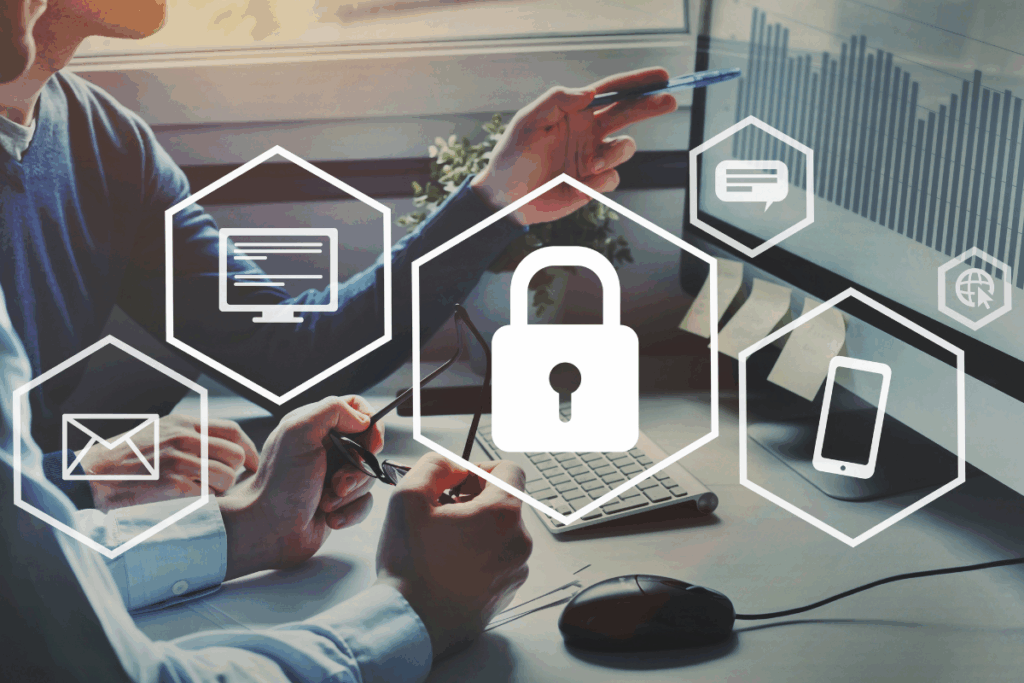
The term cyber hygiene appears several times in the European NIS2 Directive, and with good reason. It forms the foundation of digital security.
Cyber hygiene means taking consistent, practical steps to maintain a safe digital working environment. This includes using strong passwords, enabling multi factor authentication, keeping systems up to date, making regular backups, and ensuring staff remain alert and informed.
Many small and medium sized businesses struggle with this, not because they do not care, but due to lack of time or the belief that their company is not of interest to hackers.
In reality, cybercriminals often target organisations that have not yet put these basic measures in place.
The NIS2 Quality Mark: Demonstrating Digital Reliability
The NIS2 Quality Mark enables SME suppliers to show that they have their digital foundations in order.
This certification confirms that your organisation meets the standards of good cyber hygiene, verified through an independent audit.
The assessment covers fifteen practical measures, providing a realistic and achievable standard for SMEs.
By comparison, ISO 27001 contains more than ninety requirements.
For many smaller organisations, the NIS2 Quality Mark offers a practical and affordable way to comply with the NIS2 Directive while building trust across the supply chain.
Strong Supply Chains Start with Reliable Partners
Every supplier forms part of a wider network. A single weak link can have serious consequences for customers and partners alike.
With the NIS2 Quality Mark, you demonstrate that your company operates securely, manages risks effectively, and is a trusted partner within the digital ecosystem.
Digital security does not need to be complicated.
Build a strong foundation for cyber resilience and show that your organisation takes cyber hygiene seriously.









